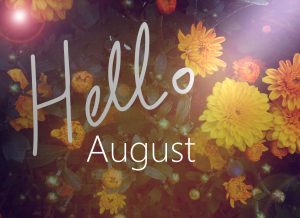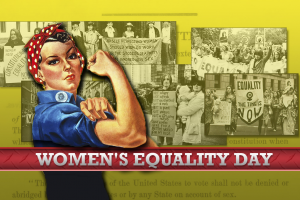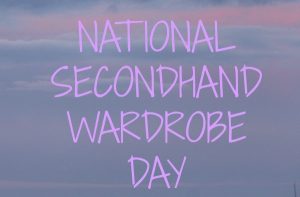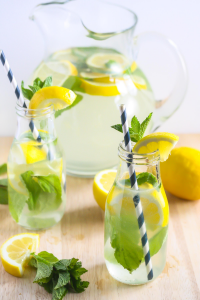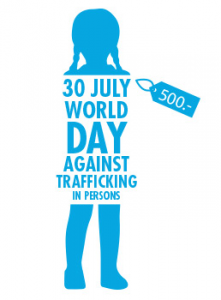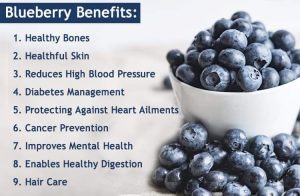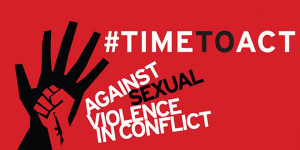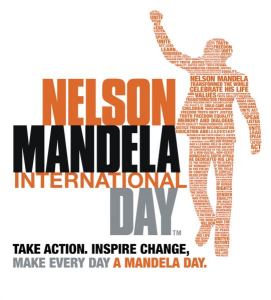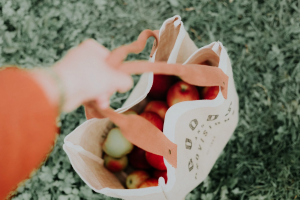August is known for many things, including the dog days of summer, National Watermelon Day (Aug. 3) and National Smile Week (Aug. 5-11). But there are many other fun facts associated with summer’s last full month. The month of August is often referred to as the “dog days of summer” but not because of pet pooches. It has to do with the star Sirius, also known as the dog star, which rose at the same time as sunrise during the month of August in ancient Roman times.
~August is named after Augustus Caesar, founder and the first emperor of the Roman Empire, who was posthumously adopted by his maternal great-uncle Gaius Julius Caesar. In the early Roman calendar, August was actually the sixth month of the year. It was originally 30 days in length, but an extra day was added so that it would equal the number of days in July, which was named after Julius Caesar.
~August has two birthstones: peridot and sardonyx. Peridot is among the oldest known gemstones and is green in color. Sardonyx, which is lesser-known, is a white- and brown-banded gemstone once believed to have mystical powers.
~The official flower for August is the gladiolus. These vertical-growing flowers were named from the Latin “gladius,” meaning a sword.
~Fans of Elvis Presley mourn each Aug. 16th, the day the famed singer died in 1977.
~People born in August fall under the sun zodiac signs of Leo and Virgo. Leos are known to be dramatic, creative and outgoing. Virgos have acute attention to detail and are the people most likely to dedicate themselves to serving. They also are loyal, hardworking and analytical.
~On Aug. 21, 1911, the Mona Lisa was stolen from the Louvre Gallery and not recovered for two years.
~Although civil rights activist Martin Luther King, Jr., is honored in January, when he was born, he is best known for his famed “I have a dream” speech, which was given on Aug. 28, 1963.
~Some famous people born in August include Martha Stewart, Martin Sheen, Jeff Gordon, Deion Sanders. Matthew Perry, John Stamos, Magic Johnson, Patrick Swayze, and Halle Berry.
Happy last month of the summer~
